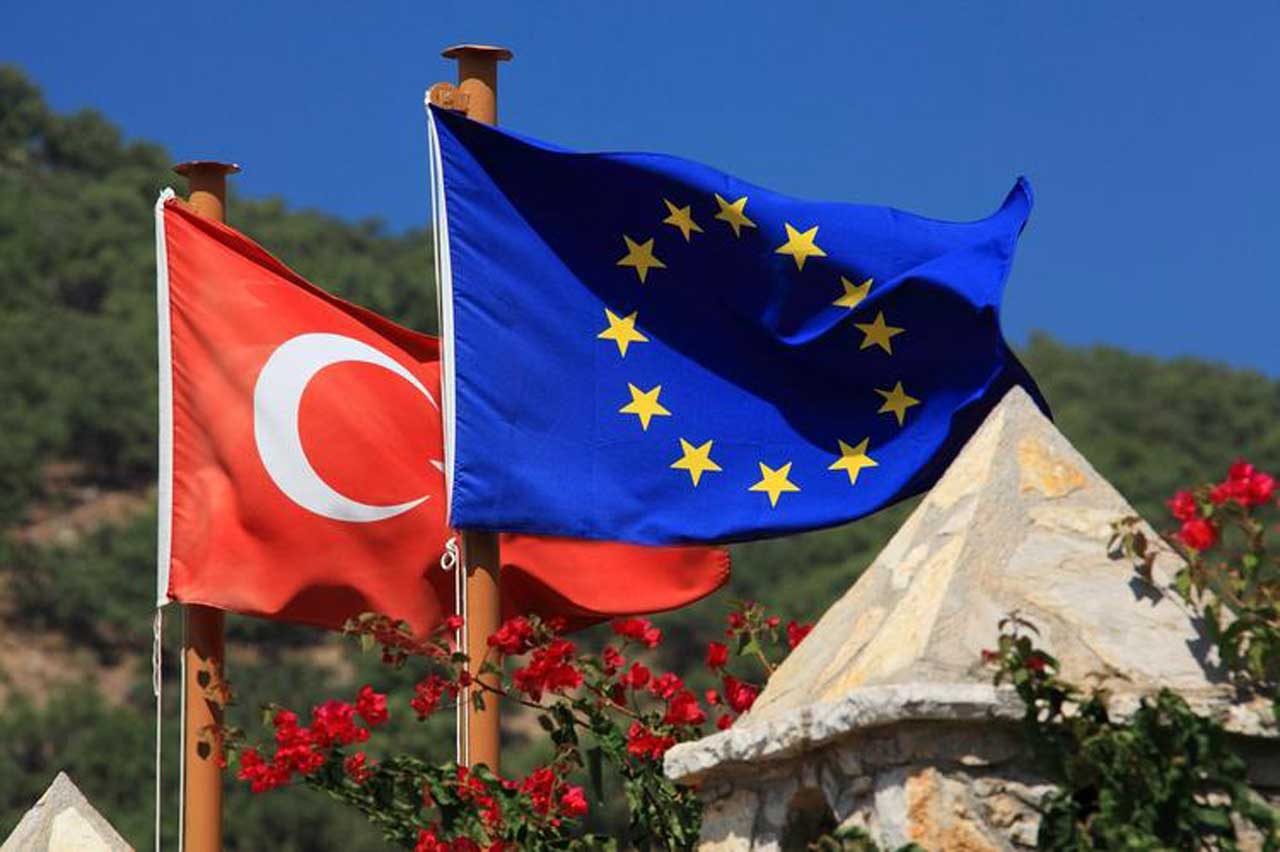President of the Turkish-German Union of Sister Cities Ozkan Mutlu demanded that the German diplomatic missions in Turkey solve the problems associated with issuing Schengen visas to Turkish citizens as soon as possible.
President of the Turkish-German Union of Twin Cities Ozkan Mutlu sent a letter to German Foreign Minister Annalena Baerbock pointing out the long waiting times as well as the high rate of visa refusals and suggested increasing the number of staff in consulates and embassies.
According to Mutlu, by increasing the number of people working in consulates and embassies, the authorities could solve the problem of the speed and quality of processing documents for Schengen.
In addition, to reduce other problems, Mutlu suggested that Germany start issuing Schengen visas to Turkish citizens for five years.
TURIZM.RU has already written that recently it has become a big problem for Turkish citizens to obtain a visa to Europe, not only when planning a trip to Germany, but also to other countries of the European Union.
The number of rejected applications filed by Turkish citizens has increased especially since the lifting of restrictions to combat COVID-19.
According to statistics, the number of visa applications submitted to the embassies of the Schengen countries, as well as the percentage of refusals, began to grow in 2017 and reached the highest level in 2021. In 2017, Turkish citizens submitted about 971,710 Schengen visa applications, 6.4 percent of which were rejected.
Compared to 2017, the bounce rate increased by ten percent in 2021. The data shows that in 2021, Turkish citizens submitted 271,977 Schengen visa applications, of which 16.5% were rejected.
Only Germany rejected about 22.2% of visa applications submitted by Turkish citizens last year. This is significantly higher than the figures for 2018 when the German authorities did not satisfy only about 11.9% of applications.
Considering such a significant increase in the number of refusals, Turkey filed a complaint with the Parliamentary Assembly of the Council of Europe (PACE) and demanded that its citizens be treated the same as citizens of other countries.
Having assessed the situation and also considered all the factors, PACE stated that the EU member states are taking additional measures to make the system fairer, and at the same time recommended that the EU countries introduce legal remedies for all those who believe that they have been treated not fair.
In addition, PACE called on all EU countries not to abuse the Schengen information system by making unfounded warnings, including for political reasons.

